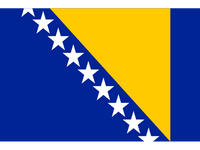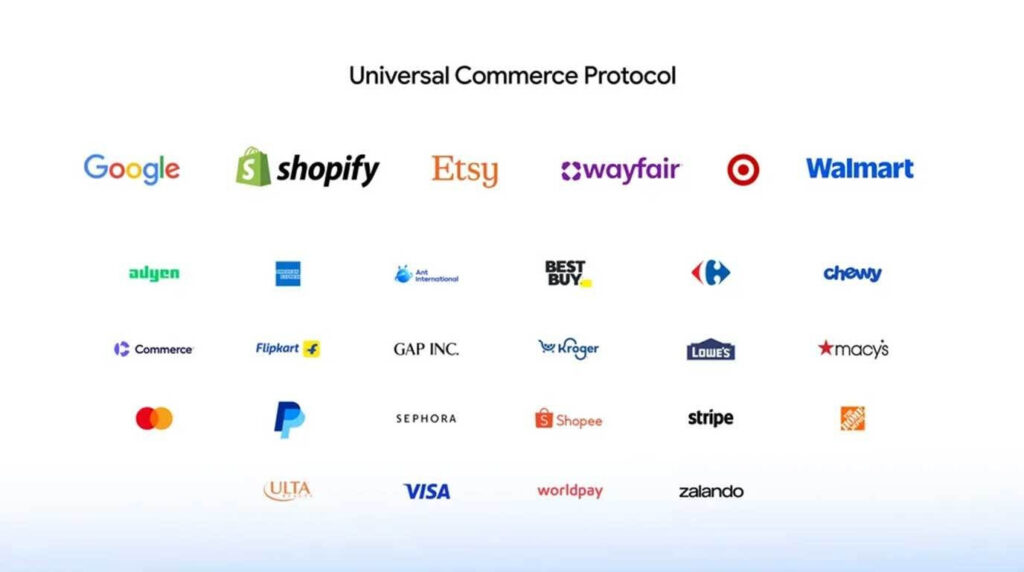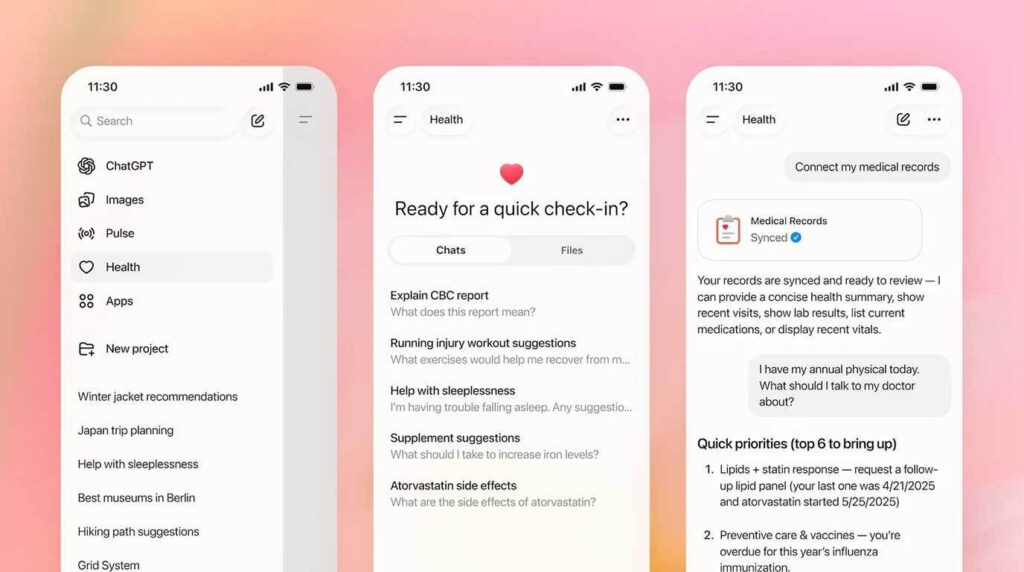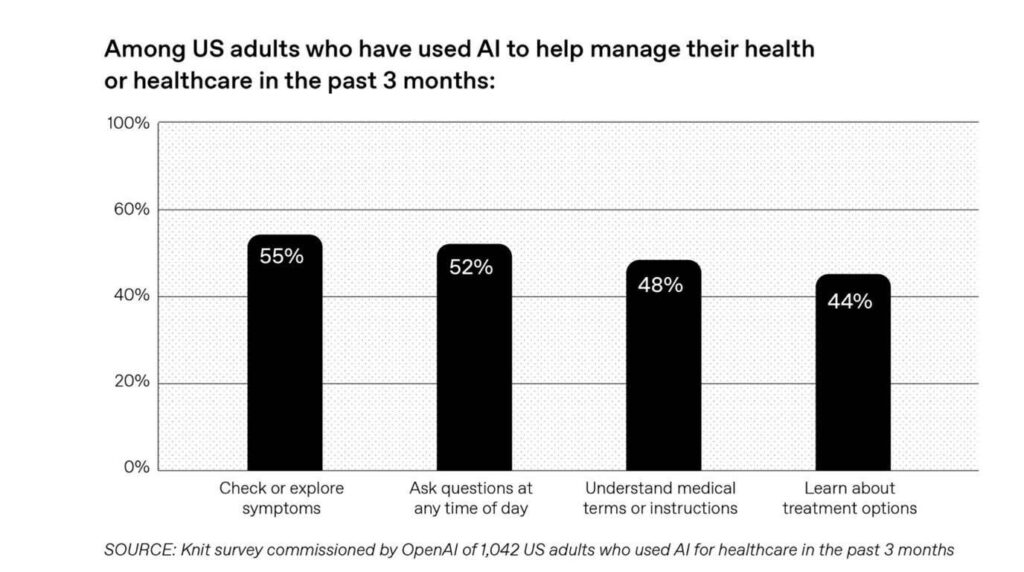Beijing hosted the first-ever World Humanoid Robot Games, an event that brought together more than 500 bimanual robots from 16 countries. Teams tested their best humanoids in 26 different disciplines – from football and athletics to household chores and hospital tasks.
The event closely followed the Olympic Games format: complete with a torch relay, medal ceremonies, and packed spectator stands. Participants included top AI companies, robotics startups, and prestigious university labs, creating an atmosphere of international collaboration but also fierce competition in humanoid technology research.
Competitions covered a wide range of challenges – football, gymnastics, and running races, as well as martial arts and practical tasks such as sorting medical supplies or cleaning hotel rooms. Chinese company Unitree emerged as the clear winner, securing four gold medals in racing disciplines and a total of 11 medals, taking the top spot on the leaderboard.
Although stumbles and comical falls often drew the loudest reactions from the crowd, the Games demonstrated how far humanoid robotics has advanced in just ten years. The next competition is already scheduled for 2026, as China continues massive investments in this sector, positioning the “robot-olympics” as a key platform to showcase the future potential of humanoids.
In Brief: Tech World Highlights
- DeepSeek launched its V3.1 model with a larger context window, while Chinese media attribute the delay of the R2 release to CEO Liang Wenfeng’s “perfectionism.”
- Eight Sleep announced a $100 million funding round, with plans to develop the world’s first “Sleep Agent” for proactive recovery and sleep optimization.
- Google announced a new Gemini-powered health assistant for Fitbit, which will be able to provide personalized advice on fitness, sleep, and health tailored to users’ own data.
- LM Arena introduced BiomedArena, a new benchmark for testing and ranking LLM performance on real biomedical research tasks.
- OpenAI launched ChatGPT Go in India, a subscription plan priced at ₹399 ($4.60) per month, significantly cheaper than the existing Plus plan at around $20.
AI Trending Tools:
- GPT-5 – New personality update with a “warmer” and “friendlier” approach.
- Kaggle Game Arena – Benchmark for testing LLMs in continuously evolving strategy games.
- ChatGPT – OpenAI’s assistant, now with tools for detecting signs of mental distress.









